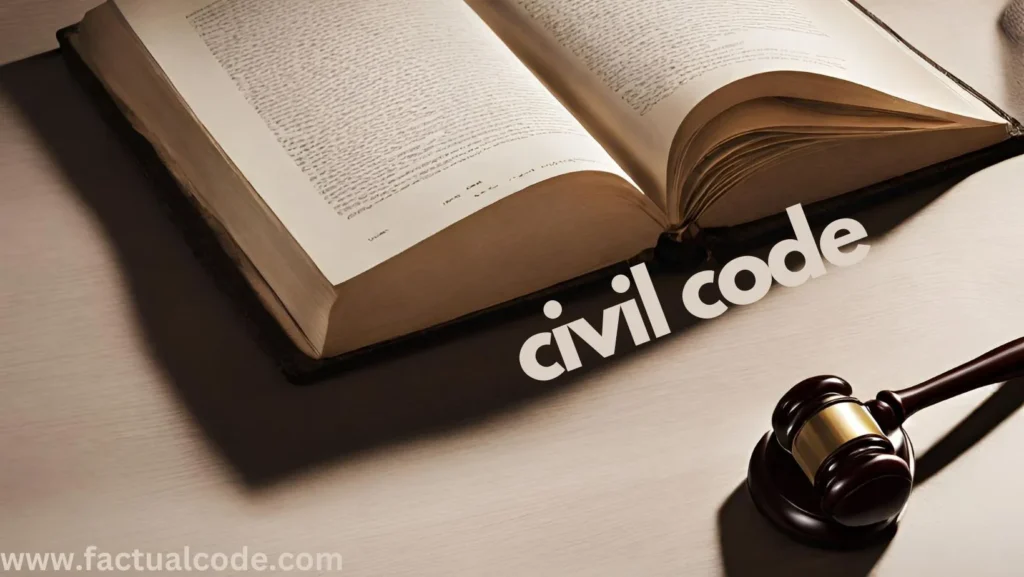Introduction
The execution of a decree is a critical stage in civil litigation, as it ensures the realization of a party’s legal rights. Order XXI of the Code of Civil Procedure (CPC), 1908 governs the execution process, including the sale of attached properties to satisfy a decree. This note comprehensively examines who can apply for setting aside such sales and under what circumstances they may be annulled.
Who Can Apply for Setting Aside a Sale?
1. Judgment-Debtor (Order XXI, Rule 89 and Rule 90)
- The judgment-debtor, whose property is sold during execution, is the primary party entitled to challenge the sale.
Key Grounds:
Payment of Decretal Amount: The judgment-debtor may seek to set aside the sale by depositing the decretal dues and an additional 5% of the purchase amount as compensation to the auction purchaser.
Irregularities or Fraud: If the sale process involved material irregularities or fraud that caused substantial injury, the judgment-debtor can file an application.
Example: Improper service of sale notices or collusion between the decree-holder and auction purchaser.
2. Auction Purchaser(Order XXI, Rule 100)
The auction purchaser can also seek judicial intervention under Rule 100 if they face obstruction or resistance while taking possession of the property.
Example: If a third party without legal authority resists the possession, the auction purchaser can file an application under Rule 100 to resolve the issue..
3. Third Parties (Order XXI, Rule 99)
Any person whose rights are adversely affected by the sale may challenge it. This includes individuals who claim rightful ownership or other legal interests in the property sold.
Examples:
A co-owner not notified of the sale.
An individual with a legal or equitable claim over the property.
4. Decree-Holder
The decree-holder may also challenge the sale in exceptional cases, such as violations of the decree terms or if irregularities undermine their rights.
When Can a Sale Be Set Aside?
1. Payment by Judgment-Debtor (Order XXI, Rule 89)
The sale can be annulled if:
The judgment-debtor deposits the decretal amount.
Pays 5% of the purchase price as compensation to the purchaser.
Time Limit: Deposits must be made within 60 days of the sale as per Article 127 of the Limitation Act, 1963.
2. Material Irregularity or Fraud (Order XXI, Rule 90)
Sales may be set aside if:
The process involved material irregularity (e.g., improper notice, undervaluation).
Fraud occurred during publication or execution.
Substantial injury to the applicant is proven.
Case Law: Saheb Khan v. Mohd. Yusufuddin (2006): The Supreme Court held that both irregularity and substantial injury must be demonstrated for annulment.
3. Property Not Liable to Sale (Order XXI, Rule 58 and Rule 99)
- If the property sold was exempt from attachment or belonged to a third party, the sale can be invalidated.
4. Violation of Court Orders (Section 47 CPC)
- Sales conducted in contravention of a stay order or without proper jurisdiction are voidable.
Case Law: Shaukat Hussain v. Smt. Bhuneshwari Devi (1973): A sale conducted despite a stay order was declared invalid.
5. Inadequate Consideration or Undervaluation
- A sale grossly undervaluing the property due to collusion or procedural flaws can be annulled.
6. Non-Compliance with Payment Conditions (Order XXI, Rule 92)
- Auction purchasers failing to comply with payment deadlines may lead to cancellation.
7. Obstruction to Possession (Order XXI, Rule 100)
- Rule 100 empowers auction purchasers or decree-holders to apply for relief if they encounter obstruction in taking possession of the property following its sale.
- Example: A person claiming unauthorized rights to the property may obstruct the lawful transfer after the auction.
Procedural Aspects and Timelines
1. Application Filing:
- Applications must be filed within 60 days of the sale under Article 127 of the Limitation Act, 1963. For applications under Rule 100, the court requires evidence of obstruction or interference by a party without legitimate rights over the property.
2. Deposits by Judgment-Debtor:
- Deposits must be made within 30 days for mandatory acceptance or within 60 days for court discretion (Order XXI, Rule 92).
3. Court’s Role:
- The court will assess the validity of the grounds and the extent of prejudice caused before setting aside a sale.
Important Case Laws
1. Dadi Jagannadham v. Jammulu Ramulu (2001):
- Clarified the interplay of timelines and judicial discretion under Order XXI, Rule 89 and Rule 92.
2. Saheb Khan v. Mohd. Yusufuddin (2006):
- Emphasized proving substantial injury in addition to irregularity or fraud.
3. Shaukat Hussain v. Smt. Bhuneshwari Devi (1973):
- Held that sales conducted during the pendency of a stay order are invalid.
Conclusion
The provisions under Order XXI of the CPC safeguard the interests of all stakeholders in the execution process. By allowing affected parties to challenge sales based on fraud, irregularities, or non-compliance, the law ensures transparency, fairness, and justice. Courts balance procedural adherence with equity, making the process both robust and equitable.
This structured framework and judicial oversight preserve the sanctity of execution proceedings, ensuring no party is unfairly prejudiced during the realization of decrees.
References- THE CODE OF CIVIL PROCEDURE, 1908 Saheb Khan vs Mohd. Yousufuddin & Ors on 17 April, 2006 Shaukat Hussain Alias Ali Akram & Ors vs Smt. Bhuneshwari Devi (Dead)) By L. Rs. & … on 25 August, 1972 www.indiacode.nic.in www.writinglaw.com www.writinglaw.com www.writinglaw.com www.writinglaw.com www.advocatekhoj.com www.writinglaw.com

